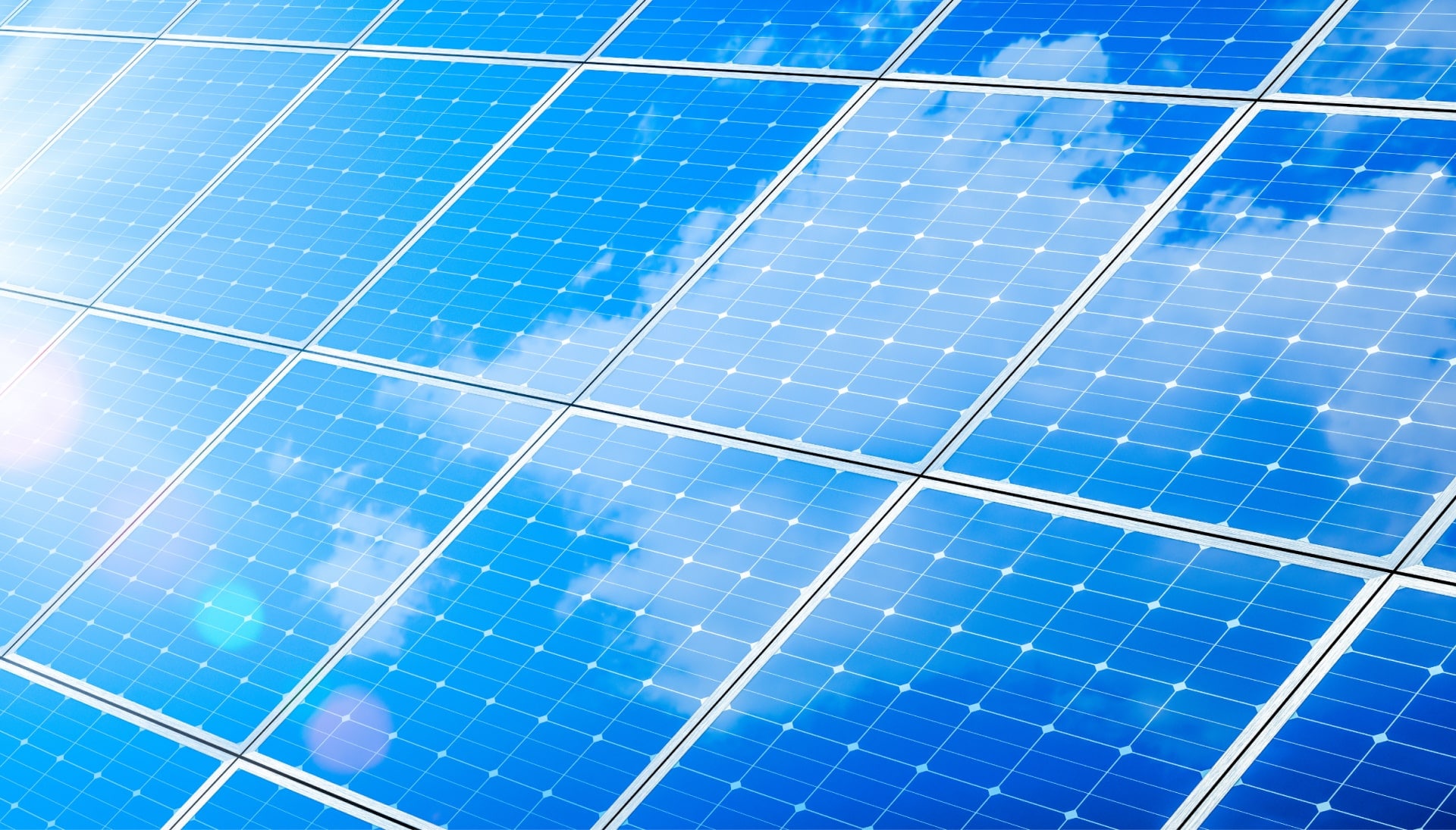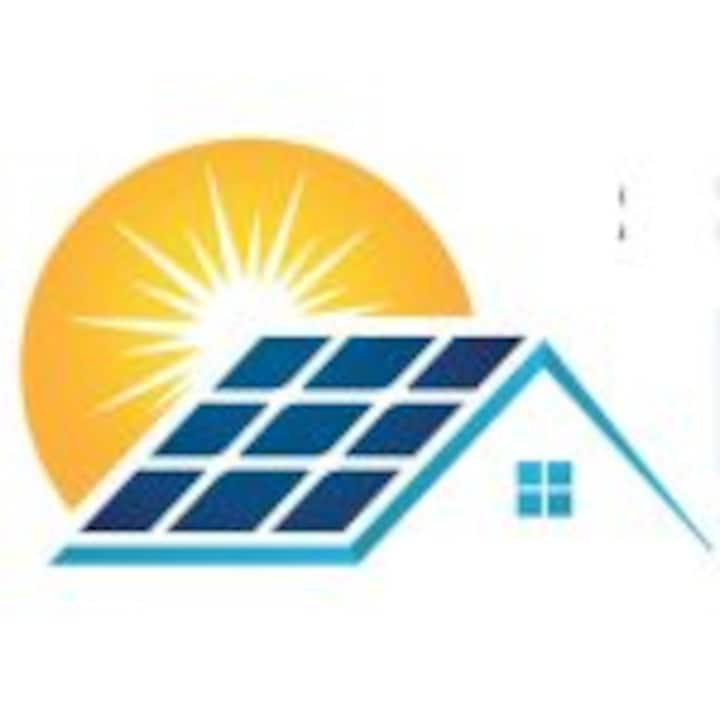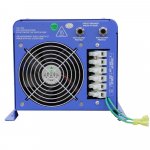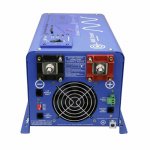Knoxville's Joker
Has No Life - Lives on TB
So Doing a little research on on different solar solutions for the house. I am also searching the forum here for what folks have recommended as we have not really had a good listing of the vendors out there and pitfalls with each one.
I am looking at 3 systems separate in total. One for the shed. One for the main entertainment center, and one for the well house. I was also looking at expanding the well house a later point.
Please note I am doing bland links with no tracking cookies in the URL.
So far on the forum these sites have been recommended:
EcoFlow US (medium to small sized system)
Jackery Best Solar Generator, Portable Power Station & Solar Panels (looks to be a smaller mobile/RV camping type setup)
Home Sol-Ark Sol-Ark - https://www.sol-ark.com/ (appears to be a large to small home setup, but they push installers)
Portable Power Stations, Solar Generators & Home Backup | Goal Zero (this is more a backpacking type company)
This is one recommended by marfooglenews on youtube

 inergytek.com
inergytek.com
These are what I can find on google searches doing various phrasologies...
Find your energy freedom, DIY off grid solar system | Renogy (smaller rated systems builder it appears)
SunWatts - Solar kits, solar panels, home storage batteries (looks like a diy setup but seems pricier)
Solar Generator Kits (looks like they sell kits to individuals)
GoGreenSolar.com (pushes using an installer or distributor model)
ECO-WORTHY: Solar Panel Kits & Lithium Battery &DIY Solar Power System (looks like they sell kits)
Solar Panels • Solar Panels For Sale For Your Home & Business (looks like they sell kits ok pricing on some options)
Solar Panel Kits - DIY - Grid-Tie - Off-Grid - Backup Power Systems | Blue Pacific Solar (looks a little pricy but I think the fees include installation)
Off Grid Power Products – TheInverterStore (news site for solar stuff)
Solar Generators | Murray, UT | Be Prepared Solar (more of a mobile solar setup?)
Powering your home, your business, your world. (Generac is a household brand for power and this pushes installers)
Home Solar Panels, Commercial & Utility-Scale Solar Solutions | SunPower (pushes installers)
These are outfits local to my AO:
 arrtn.com
arrtn.com

 www.solar-knoxville.com
www.solar-knoxville.com
 www.gessolar.net
www.gessolar.net
 www.aegnational.com
www.aegnational.com
 www.solaralliance.com
www.solaralliance.com
 lightwavesolar.com
lightwavesolar.com
So far I have determined that a power station for the home entertainment setup will be a best option there.
The real question I have is for the well system as I need 220 for the well pump without chaing the pump out to some sort of hybrid pump. But I also need 120 for the sand filter, uv prufication unit and heat lamps when it is cold. I will probably need to hook up my kill a watt meter and see what the true draw overtime is.
For the shed I could be ok with a 1k or 2k setup just to provide power to the freezer as my power outages are no more than an hour every once in a while.
I am looking at 3 systems separate in total. One for the shed. One for the main entertainment center, and one for the well house. I was also looking at expanding the well house a later point.
Please note I am doing bland links with no tracking cookies in the URL.
So far on the forum these sites have been recommended:
EcoFlow US (medium to small sized system)
Jackery Best Solar Generator, Portable Power Station & Solar Panels (looks to be a smaller mobile/RV camping type setup)
Home Sol-Ark Sol-Ark - https://www.sol-ark.com/ (appears to be a large to small home setup, but they push installers)
Portable Power Stations, Solar Generators & Home Backup | Goal Zero (this is more a backpacking type company)
This is one recommended by marfooglenews on youtube

Inergy Technologies - Power For Life
Solar powered generators, portable solar panels and solar accessories for off-grid living to power all of your electric devices.
These are what I can find on google searches doing various phrasologies...
Find your energy freedom, DIY off grid solar system | Renogy (smaller rated systems builder it appears)
SunWatts - Solar kits, solar panels, home storage batteries (looks like a diy setup but seems pricier)
Solar Generator Kits (looks like they sell kits to individuals)
GoGreenSolar.com (pushes using an installer or distributor model)
ECO-WORTHY: Solar Panel Kits & Lithium Battery &DIY Solar Power System (looks like they sell kits)
Solar Panels • Solar Panels For Sale For Your Home & Business (looks like they sell kits ok pricing on some options)
Solar Panel Kits - DIY - Grid-Tie - Off-Grid - Backup Power Systems | Blue Pacific Solar (looks a little pricy but I think the fees include installation)
Off Grid Power Products – TheInverterStore (news site for solar stuff)
Solar Generators | Murray, UT | Be Prepared Solar (more of a mobile solar setup?)
Powering your home, your business, your world. (Generac is a household brand for power and this pushes installers)
Home Solar Panels, Commercial & Utility-Scale Solar Solutions | SunPower (pushes installers)
These are outfits local to my AO:
Providing Energy Audits and Solar Energy Solutions for Tennessee Residential and Commercial Applications
Specializing in Home Energy Audits, Solar Photovoltaic and Solar Thermal Energy installations in Tennessee.
Solar Sale USA – Affordable Solar Energy Is Here
www.solarsaleusa.com

Solar Panel Installation in Knoxville | Get a Local Quote
Looking for a professional solar panel installation service in Knoxville? We offer reliable solar solutions for your home or business at a great rate.
GES Solar - Home
Welcome to GES Solar, the new name of Green Earth Solar! The same company, same quality, and the same people. We are the premier solar energy company and one of the oldest firms in the Southeast specializing in solar (PV) electric systems. We provide turnkey solar installation services in the...
Home | AEG National
 www.aegnational.com
www.aegnational.com
Solar Alliance | Commercial & Residential Solar Company
Solar Alliance is your engineering, procurement and construction source for solar projects on every scale - from large commercial installations to Sunbox residential. Click here to learn about our services.
Solar PV & Energy Storage Solutions in Tennessee | LightWave Solar
LightWave Solar is a trusted solar contractor for turnkey solar installations in Tennessee, Kentucky and beyond. Book your solar project consultation today.
So far I have determined that a power station for the home entertainment setup will be a best option there.
The real question I have is for the well system as I need 220 for the well pump without chaing the pump out to some sort of hybrid pump. But I also need 120 for the sand filter, uv prufication unit and heat lamps when it is cold. I will probably need to hook up my kill a watt meter and see what the true draw overtime is.
For the shed I could be ok with a 1k or 2k setup just to provide power to the freezer as my power outages are no more than an hour every once in a while.







